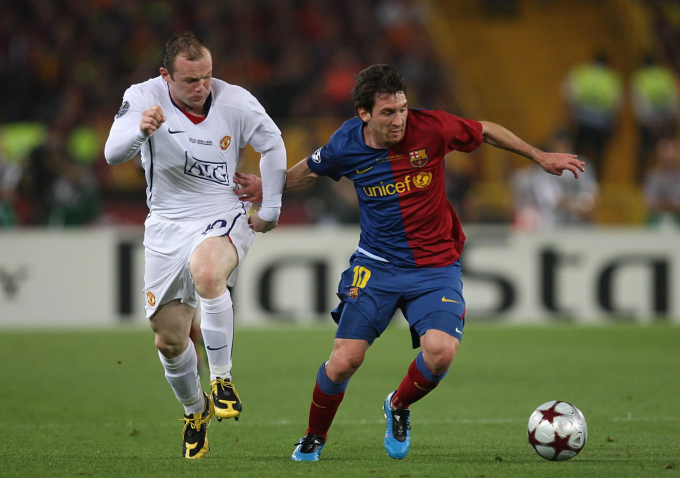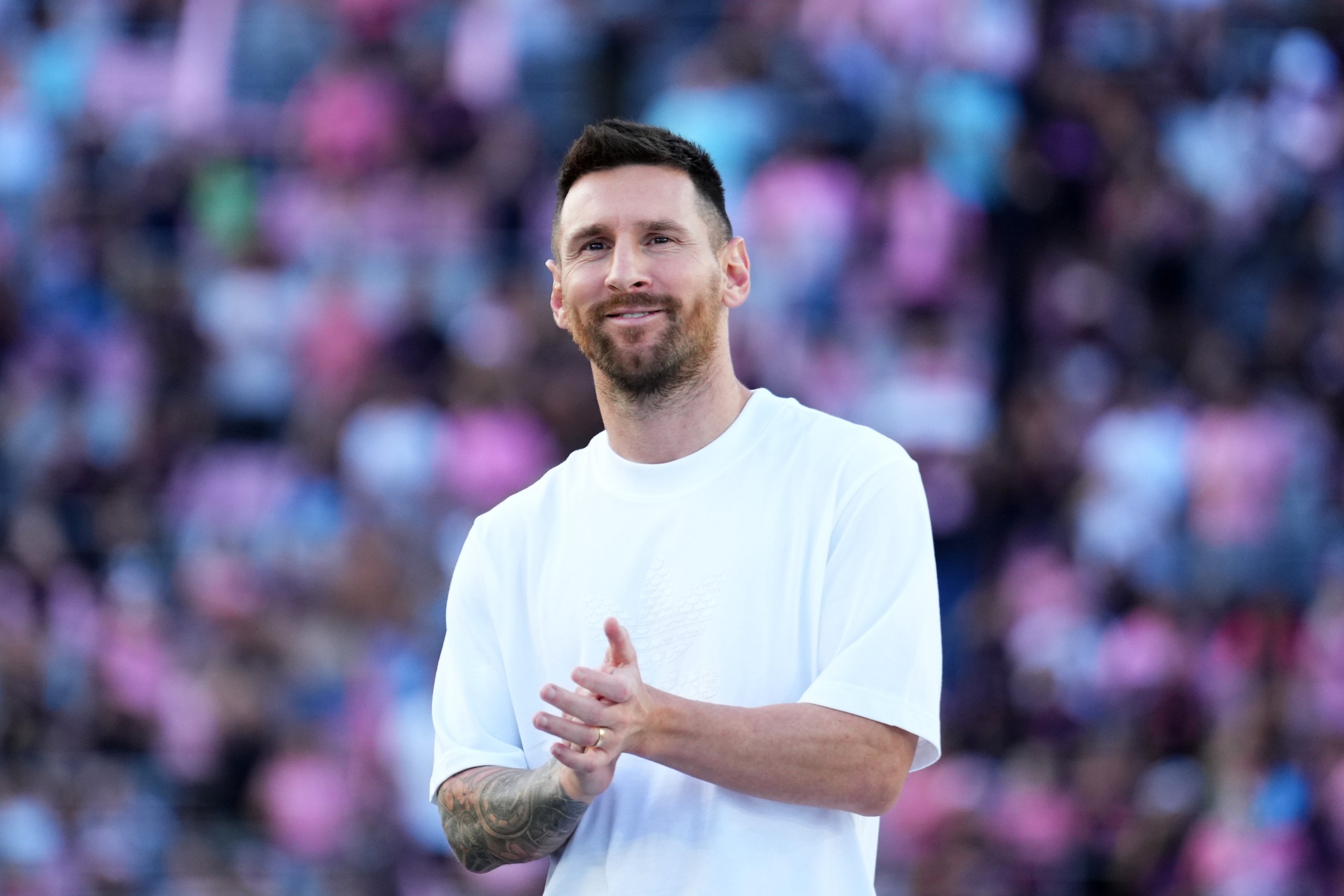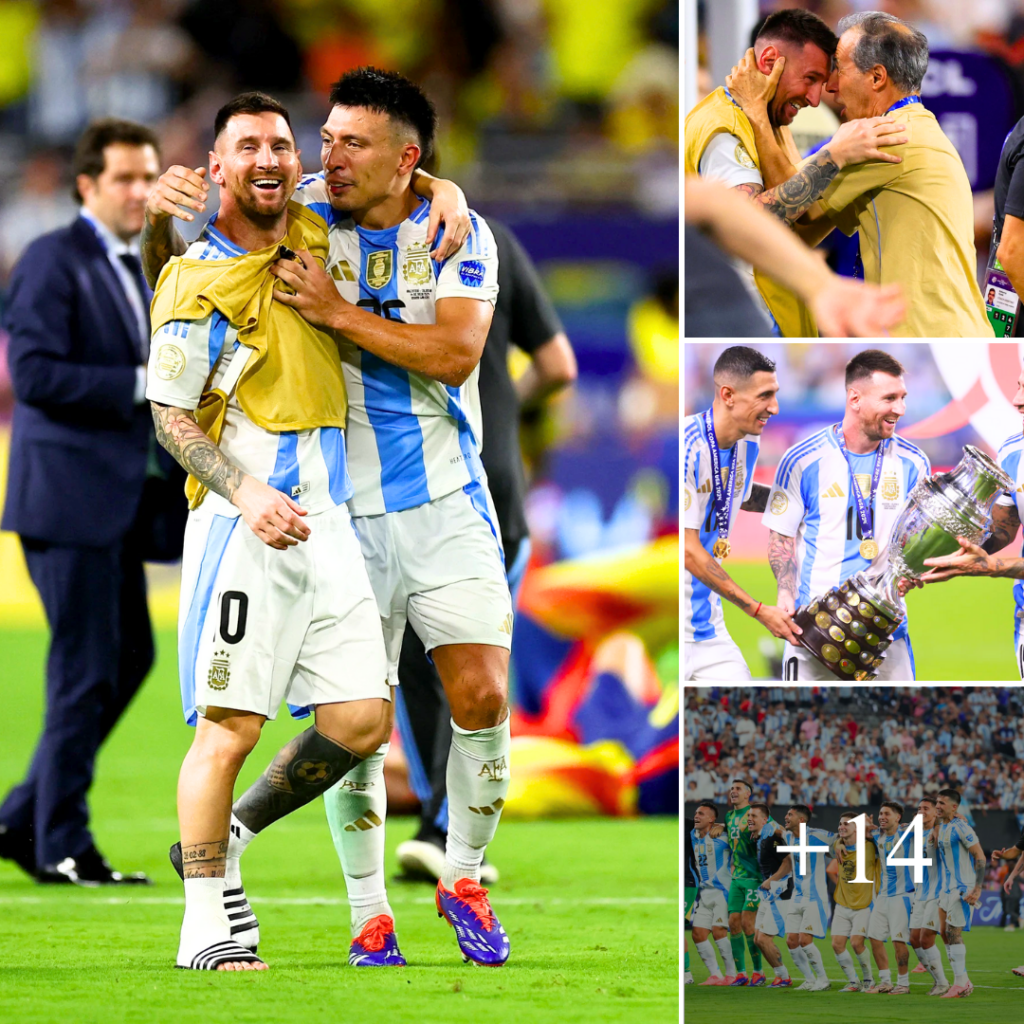In today’s society, acceptance and inclusivity remain ongoing challenges, particularly for those belonging to marginalized communities. Homophobia, in particular, continues to rear its ugly head in various facets of life, including the world of sports. However, there are instances when high-profile individuals take a stand against discrimination, transcending barriers and inspiring change.
One such influential figure is Cristiano Ronaldo, the world-renowned Portuguese footballer. Recently, Ronaldo made a bold statement, responding to criticism about his sexual orientation with the words, “Ok, I’m gay but I’m rich!” In this article, we will delve deeper into the significance of Ronaldo’s statement, the impact of homophobia in sports, and the importance of acceptance and inclusion.

Understanding Ronaldo’s Statement
Ronaldo’s response to criticism showcases his unwavering confidence and refusal to be silenced. By stating, “Ok, I’m gay but I’m rich!” he effectively challenges the notion that one’s sexual orientation should define their worth or success. His statement exhibits a defiance against homophobia and demonstrates that personal wealth or achievements are not influenced by an individual’s sexual orientation.
The Power of Ronaldo’s Words
As one of the most celebrated athletes in the world, Ronaldo’s words hold immense weight and influence. By speaking out, he not only empowers himself but also sends a powerful message to LGBTQ+ individuals globally. Ronaldo’s statement is a reminder that sexual orientation should never be a barrier to success or a source of shame. It encourages individuals to embrace their true selves and embrace their unique identities, regardless of societal expectations.

The Impact of Homophobia in Sports
While progress has been made in fostering inclusivity within sports, homophobia still persists, posing challenges for LGBTQ+ athletes. Football, in particular, has witnessed instances of discrimination and derogatory language aimed at individuals based on their sexual orientation. Such incidents not only perpetuate harmful stereotypes but also create a hostile environment that discourages LGBTQ+ athletes from fully participating and expressing themselves authentically.
Instances of Homophobia in Football
Homophobic chants, slurs, and even violence directed at players have been witnessed on numerous occasions. These acts not only undermine the spirit of fair play but also highlight the deeply ingrained prejudice that continues to plague the football community. Instances of discrimination, even from fans, can have a lasting impact on the mental health and well-being of LGBTQ+ athletes.
Challenges Faced by LGBTQ+ Athletes
LGBTQ+ athletes face unique challenges in their professional and personal lives. The fear of rejection, discrimination, and potential backlash can be overwhelming, often leading individuals to conceal their sexual orientation. This self-imposed secrecy can have detrimental effects on their mental health, overall performance, and ability to form genuine connections with teammates.

Ronaldo’s Courageous Stance
By publicly addressing the criticism surrounding his sexual orientation, Ronaldo displays exceptional courage . His willingness to confront the issue head-on challenges societal norms and fosters a conversation about acceptance and equality. Ronaldo’s statement serves as a powerful reminder that no one should have to hide their true selves or face discrimination based on their sexual orientation.
The Intersection of Sexual Orientation and Wealth
Ronaldo’s response, “Ok, I’m gay but I’m rich!” highlights an intersection between sexual orientation and socioeconomic status. In a society where prejudice often thrives, the combination of being openly gay and achieving financial success challenges stereotypes and challenges societal expectations. Ronaldo’s statement suggests that individuals can thrive and achieve greatness regardless of their sexual orientation, affirming the inherent value and potential within the LGBTQ+ community.





